SANGHA
TAKING REFUGE IN THE ‘SANGHA’
by Thich Nhat Hanh
Thich Nhat Hanh explains that sangha is more than a community. A sangha is a community of friends practicing the teachings together in order to bring about and to maintain awareness, harmony, and love.
We continue to explore and deepen our understanding as we introduce contemporary teachers into our gatherings in a way that illuminates the Buddhist philosophy we have been studying.
Many of us were aware of Joe Dispenza, an internationally acclaimed doctor (chiropractor), educator, and author. Last week we expanded our knowledge of his “gifts” and learned more about neuroscience and its connection to the material we have been studying.
Ancient Buddhist writings and Thich Nhat Hanh may never have used words such as epigenetics, neuroplasticity, quantum physics, etc., but we did read the following words in No Mud, No Lotus. Can you not see the connection?
“Suffering can be either physical or mental or both, but every kind of suffering manifests somewhere in the body and creates tension and stress.” (p. 15)
“With mindfulness we can discover the fact that . . . happiness is possible right now.” (p.67)
“If we can take the time to sit together and allow the collective energy of mindfulness to recognize and embrace our pain, we become a drop of water flowing in the river of awakened energy and we feel much better.”
Joe Dispenza – “Rewired”
This is the particular video we watched in our group session last Thursday. In his presentation, Dr. Dispenza reveals how we can rewire our brain and create new lives with greater coherence. As he puts it, “You can move from thinking to doing to being, as a new person in a new future that you have intentionally created.”
This video is not accessible to the public, unless you have a Gaia subscription. However, there are many free videos on Youtube and other media platforms that allow you to receive Dr. Dispenza’s expertise.
The assigned section of our reading focused on using Metta Meditation to cultivate loving-kindness – for yourself, those you know, and those you do not know (. . . or even may not like). Metta requires you to –
- Look deeply into your body
- Look into the river of your feelings
- Examine your perceptions
- Acknowledge your ideas and tendencies
- Look at your consciousness
Once each of these aspects is fully explored, they will bring you closer to self-understanding which then allows you to rise above the conditions you are creating that cause unhappiness.
Significant Quotes (104-114):
- “Your willingness to love is not yet love.”
You must do the work!
- “When you look deeply, you see that many of your habits harm your body and mind, so work to transform your habits in ways conducive to good health and vitality.”
- “Most of your perceptions are erroneous.”
- “Look deeply at your anger. Anger is just an energy.”
- “All energies can be transformed.”
- “Our idea of happiness can prevent us from being happy.”
- “We shine the light of mindfulness on the neural pathways in our mind so we can see them clearly.”
- “Taking refuge in a Sangha is a wise thing to do.”

